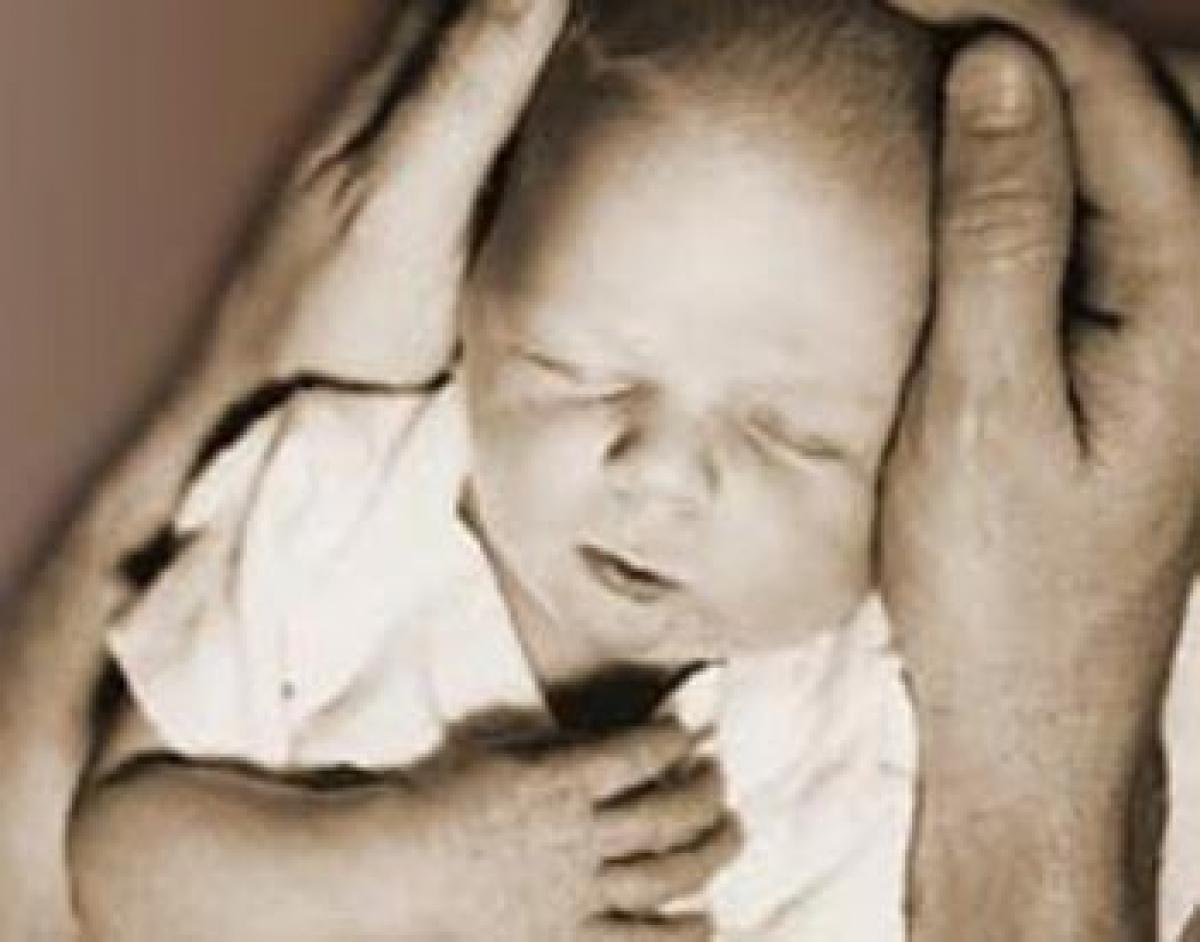Live
- Facial recognition attendance system in TG Secretariat soon
- Nearly 6,000 contract employees whose services were regularised get relief in HC
- VIT celebrates 40th anniversary
- Bandi Sanjay reviews ‘Sampoorna Abhiyan’ in Nagaland
- A brain dead person saves four as his organs donated
- SRR students excel in various competitions
- ISRO's communication satellite launched by Musk's SpaceX
- Encouragement assured for innovation in farming
- Call to strive hard to control TB
- An idea to uprate AP roads
Just In

Parents of very premature babies are more worried about their grown-up child\'s lives than parents whose babies are born in full term, says a study. The study also shows that those born very premature agree with their parents. \"Previous work from Canada had suggested that the health-related quality of life of preterm born individuals may decrease as they reach adulthood.
London : Parents of very premature babies are more worried about their grown-up child's lives than parents whose babies are born in full term, says a study. The study also shows that those born very premature agree with their parents. "Previous work from Canada had suggested that the health-related quality of life of preterm born individuals may decrease as they reach adulthood.
However, this study found while quality of life improves for term-born adults it remains lower for preterm born participants," said first author of the study Nicole Baumann from the University of Warwick in the Britain. The team conducted analyses on health-related quality of life of participants and compared the perception of parents whose children were born very preterm with a control group born at term.
They also analysed the opinions of their children. In the study, published in the American journal Pediatrics, 260 participants born very preterm at 31 weeks or less or with very low birth weight less than 1.5 Kg were compared to 229 who were born full term. The academics looked at health-related issues such as vision, hearing, speech, emotion, dexterity and pain.
The participants and their parents were asked when they were 13 and then as adults at age 26. They asked questions relating to these such as "are you able to recognise a friend on the other side of the street?" and "are you happy and interested in life?" Th researchers found that participants with lower health-related quality of life had more often periods of unemployment, more often received social benefits, had fewer friends and were less likely with a partner.

© 2024 Hyderabad Media House Limited/The Hans India. All rights reserved. Powered by hocalwire.com







